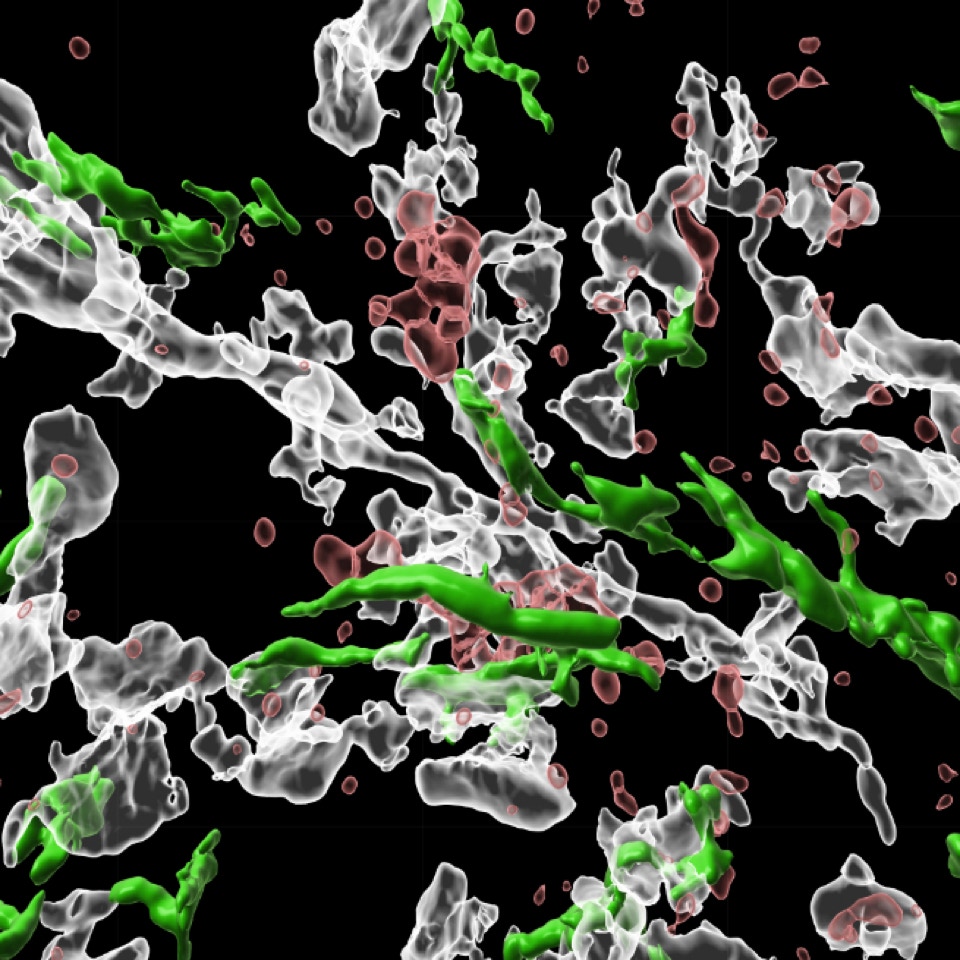
Yosten Lab
Peptides are important messengers controlling a variety of tissue and organ systems, playing important roles in health and disease. Produced through out the body, they can act as neuromodulators, endocrine hormones, and local growth factors, explaining why they have become attractive targets for the development of novel therapeutic agents. The development of such agents requires the identification of the mechanism(s) of action of the peptides, and particularly how a cell receives their messages. This necessitates the identification of the cellular response elements that transmit the signal, which are known as receptors. (Think of the peptide as a key and the receptor the lock.) Many biologically active peptides act by binding to cell surface receptors that are linked to what have been called G proteins, membrane proteins that communicate the peptide’s signal into the cellular machinery required for activation of inhibition of cellular function.
Our lab is interested in the discovery of previously unidentified, endogenously produced peptides, and the matching of those peptides to their cognate receptors. We also are interested in de-orphanizing the multiple G protein coupled receptors for which there is no known ligand, and discovering the receptors for peptides the receptors for which have not been identified by more traditional biochemical approaches. We employ a variety of molecular, cellular, and organ system approaches, both in vitro and in vivo, to unlock the potential for the development of peptide analogs for the treatment of complications of diabetes, hypertension, obesity and chronic pain states.
Department of Physiology
Saint Louis University School of Medicine
1402 S. Grand
Saint Louis, MO 63128
Gina.Yosten@health.slu.edu
314-977-6354